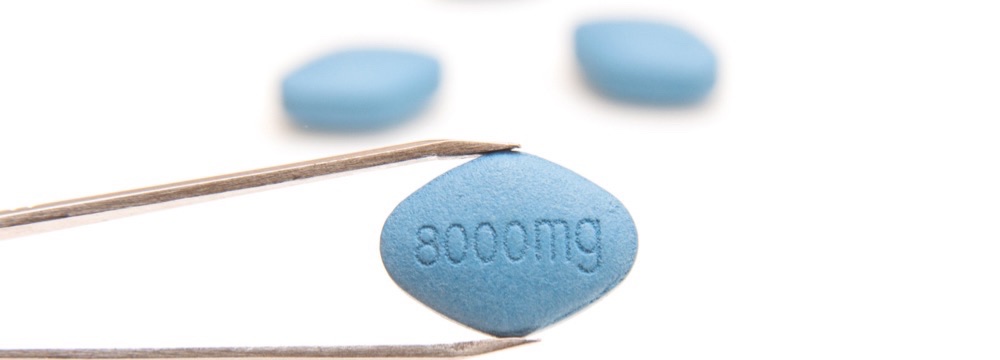Erectile Dysfunction as a Precursor to Heart Disease

We don’t often associate ED or Erectile Dysfunction with cardiovascular disease and heart problems. However, while there are several potential causes of ED, the one that we as cardiologists are most concerned with is, you guessed it, cardiovascular disease. While they may seem unrelated, there is a common thread. For a man to achieve an erection, blood must flow into the penis efficiently. There are many reasons why this may not happen; however, if the blood flow issue results from partially blocked blood vessels, it may be indicative of a more significant cardiovascular problem. In fact, it is estimated that over 50% of men suffering from ED may have atherosclerosis to blame, at least in part.
Treating ED Is Not Just About Your Sex Life
For many men, the most concerning part of erectile dysfunction is the inability to enjoy their sex life or the embarrassment of not being able to maintain an erection. However, they must look at the root causes of their erectile dysfunction to understand more fully how this may be a warning sign of an impending cardiovascular situation. If once patients visit their urologist, it is determined that their erectile dysfunction is idiopathic – there is no known cause, or if the urologist believes that a blood flow issue is causing it, the next visit should be to your cardiologist, where a complete cardiovascular workup will be performed to ensure that there are no underlying cardiovascular issues that could be causing the trouble. Most of this testing is noninvasive and can give your cardiologist an excellent idea of your heart’s health status.
Tips for Improving Blood Flow
There are several potential concerns involving patients’ blood flow. While erectile dysfunction may be one of the earliest signs of a compromised circulatory system, it is certainly not the only sign or symptom. As blood flow is progressively reduced, areas of the body begin to decline in health. Patients with occluded arteries may experience pain in their extremities, known as peripheral artery disease. Others whose coronary arteries may be blocked are at significantly higher risk of heart attack and stroke. But it is never too late to improve your lifestyle and change the direction of your heart’s health.
First, be sure to quit smoking. Smoking is one of the biggest culprits of atherosclerosis or the buildup of plaque in the arteries. Amazingly, the body recovers rapidly when you stop smoking. Within just a few days, there is a measurable improvement in your circulatory system; within several years, it may be difficult to tell if you ever smoked. We know how difficult it can be to quit smoking, but when you weigh the risks, it’s most definitely worth it.
Second, changing your dietary and exercise habits is crucial to avoiding longer-term circulatory issues. Unfortunately, Americans’ diets and exercise habits have declined precipitously in the past few decades, and we see a dramatic increase in metabolic diseases. Eliminating saturated fats and high sugar foods is critical to reversing this. However, diet is not the be-all and end-all. Patients also need to begin an exercise regimen under their cardiologists’ supervision to ensure that they burn more calories at rest and maintain a healthy weight.
There are many other practical tips for improving blood flow around your body, and these can include
Reducing stress. Stress is a common cause of physical and hormonal changes that can harm your heart’s health. You’ve undoubtedly experienced increased blood pressure due to a stressful situation. However, you might also find yourself experiencing latent stress throughout the day. It is essential to reduce this stress baseline and help your heart cope.
If you are experiencing a cardiac arrhythmia, addressing this through medical or procedural intervention is incredibly important as arrhythmias are progressive and compromise the heart’s circulatory system. Speak to your cardiologist and a qualified electrophysiologist such as those at The Huntington Heart Center to learn more about how to treat the most common arrhythmias, including Afib (Atrial Fibrillation).
Sleeping well and drinking plenty of water are also critical in managing stress, the thinning of blood, and improving blood flow. Our bodies are finely tuned, and unfortunately, the demands that modern society places on them often break this equilibrium. Getting back to a proper sleep and hydration regimen will do wonders for your heart and the circulatory system.
If you have been diagnosed with rectal dysfunction, and you or your urologist believe that a blood flow issue may be partly to blame, we encourage you to visit our cardiologists and learn more about how the underlying causes of this dysfunction can be treated effectively and efficiently and, in most cases, minimally invasively.







